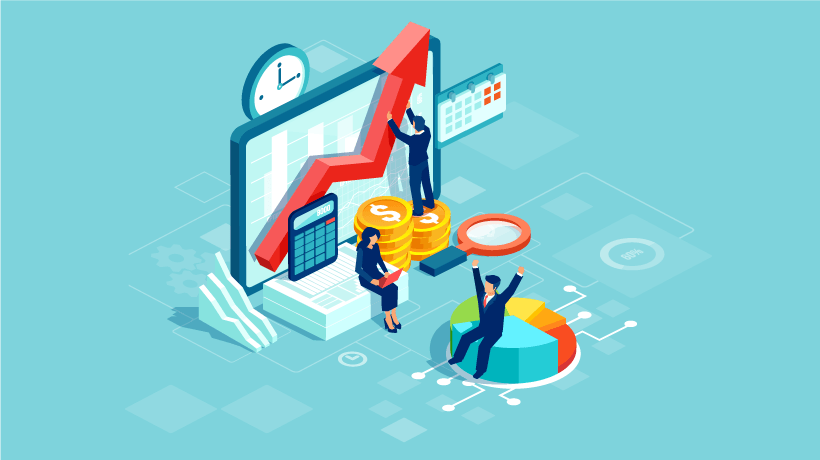These 5 Little-Known Niches Could Drive the Startup Economy in 2024 and Beyond

2023 was a bad year for startup companies that depend on early stage funding. Global venture investment hit its lowest level in five years, writes Crunchbase’s Gene Teare, driven by economic weakness in parts of the globe and high interest rates just about everywhere.
Some parts of the startup world fared better than others, though. Artificial intelligence was the big standout, of course, but it’s a big category that’s actually made up of many smaller ones. Its growth supported some of the less well-known niches on this list. They all emerged as spaces to watch in 2024 and beyond.
Here’s what you should know about them now, before they get even hotter.
-
Patient Finance
News flash: Americans pay a lot for healthcare. Maybe too much.
This is a bad thing for patients, providers, insurance companies, and just about anyone else in the healthcare ecosystem. That’s one reason we’re seeing more interest in high-tech patient finance solutions designed to reduce friction in the collections process while making payments easier and more affordable for patients.
Seasoned venture investors like Steve Streit and ABS Capital Partners are interested in the space, as are patient finance end-users. As AI improves, you can bet more opportunities will arise here too.
-
Insurance Technology
Have your insurance premiums risen recently? By a lot?
You’re not imagining things. Insurance is suddenly really expensive due to widespread inflation, better insurance models, and increasingly frequent natural disasters driven by climate change.
Investors are taking notice. And that means startups in the insurance technology (insurtech) space are finding it easier to raise capital these days. The trend seems unlikely to reverse anytime soon.
-
Agricultural Efficiency Technologies
The total value generated by the agriculture industry is projected to grow to an astonishing $19 trillion worldwide by 2027. Yet by many measures, agriculture remains stuck in the past.
Agtech startups and the investors behind them are working to change that by enabling new technologies that improve agricultural efficiency and output while reducing its environmental impact. That’s something we can all get behind (and profit from).
-
Flexible Live-Work Solutions
Many of the countless Airbnb alternatives currently on the market will fail. That’s just cold, hard reality. And it could be that Airbnb and HomeAway remain the dominant players in the short-term rental space. Nevertheless, investors are betting on a new generation of operators that deliver more responsive, higher-quality experiences across the flexible living (and working) universe.
-
The “Internet of Things”
To people who spend all day everyday watching tech trends or seeking out high-potential startup investments, it might seem strange to call the Internet of Things, or IoT, “little-known.” After all, this was one of the hottest “things” for venture investors back in the early 2010s. Billions poured into the space.
They may have got ahead of themselves. We saw a bit of an IoT winter in the late 2010s and early 2020s, even when other sectors were hot to trot.
That’s changing, partly because rapid advances in AI technology are finally enabling long-awaited IoT functions. The next generation of IoT devices will be smarter, more responsive, and more useful than those past.
What’s Next for the Startup Economy?
If we know one thing about the startup economy, it’s that many seemingly durable trends turn out to be little more than fads, and that true transformation often comes where we least expect it.
Will that turn out to be the case in 2024 and beyond? Bank on it. But if we had to bet, investors will find real value in these five sectors for years to come.






